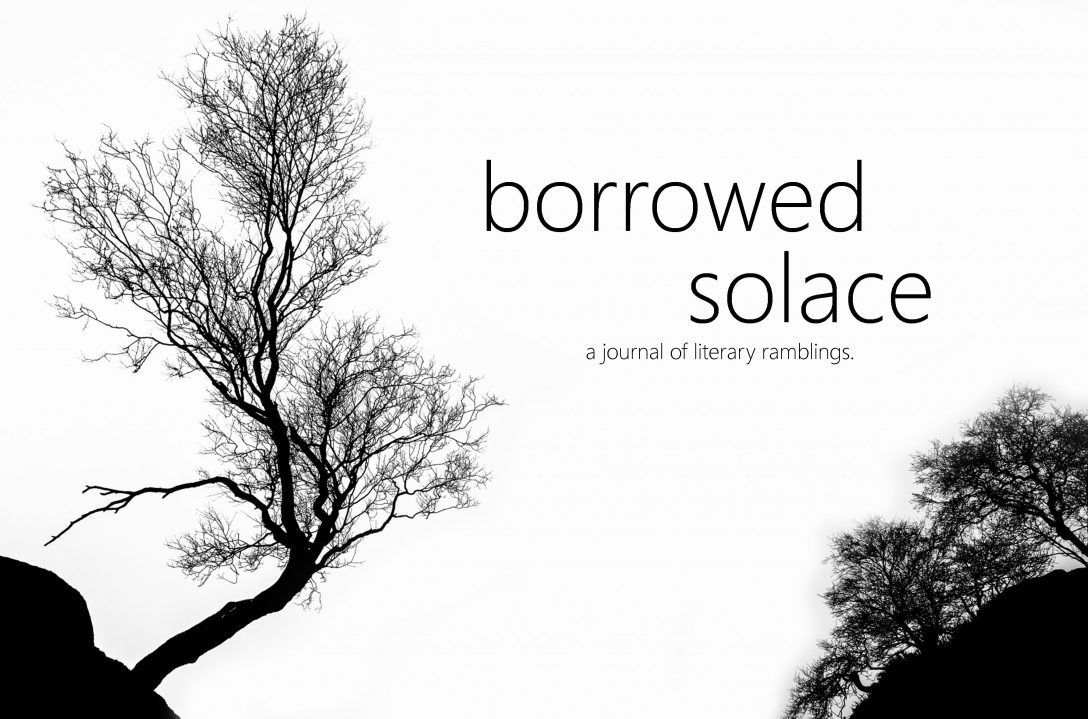So the editors and I, while in a design meeting for the upcoming fall journal, got to talking about Hunger Games. I have read only two of the three books because, to me, they were a dry and slow read. Except for when the author would speed up during the beginning and ending, the prose was slow, and used a lot of tropes. Our talk about books didn’t stop there, as the Twilight series, the Mortal Instruments series, the Throne of Glass series, and so many more rely on the “love triangle” trope. I didn’t really care for the love triangle in Hunger Games, but when I went to finally watch the movies just few a weeks ago, I watched the trope play out on screen. I’m still struggling to figure out if I like the book or the movie better, but that is for another discussion. Addey, Amber, and I agree that some tropes right now are overdone in both books and movies/television.
Tropes, as we writers and readers know, are common underlying subplots to a story–building blocks to the main thread that help develop characters. If you look up writing tropes that are over done, “love triangle” is usually always the first one listed. Why? What makes people like reading about love triangles, and why do writers feel they have to write tropes?
I went to a workshop about putting clever twists on common tropes and here is what I learned: tropes are proven concepts that readers will read, but nevertheless they are common and overused. It really is a shortcut a writer can use to describe the subplot. But, tropes can also be a sort of useful tool. Tropes are a way to express an idea to an audience, and every genre can have tropes that fit just within that particular genre.
What tropes really do as building blocks is set up internal conflict and tie the theme to the story. It can help the log line, pitch, hook, and blurb because these tropes can be used as phrases or keywords for easier searches for readers which might sell more books.
Now here is the kicker–the twisted part to make a common trope yours. Play with “what if;” what aspects can be changed. I think this is why Hunger Games did so well–because the idea, the story, the conflict, was so original and different, it intrigued other readers and writers. And now, like Addey said in our conversation, the idea of Hunger Games is no longer original as other writers have used the idea for inspiration.
So, what about the setting can be unique to your world, the occupation of the hero, the time period the action takes place in, give the readers an unusual focus, or use all of these things. Try to take a trope in the genre you usually write, and then twist it with “what if” and see what you come up with. Try mixing tropes together, torture the hero or heroine with the trope, interplay with an archetype, look at tropes while watching TV or watching a movie, and see what you would do differently with the tropes used.
For some more information and a bunch of links for other help on tropes, visit the following sites:
Really Useful Links for Writers: Tropes and Clichés
14 Popular Fantasy Tropes — And How to Make Them Feel New Again
Happy troping!
